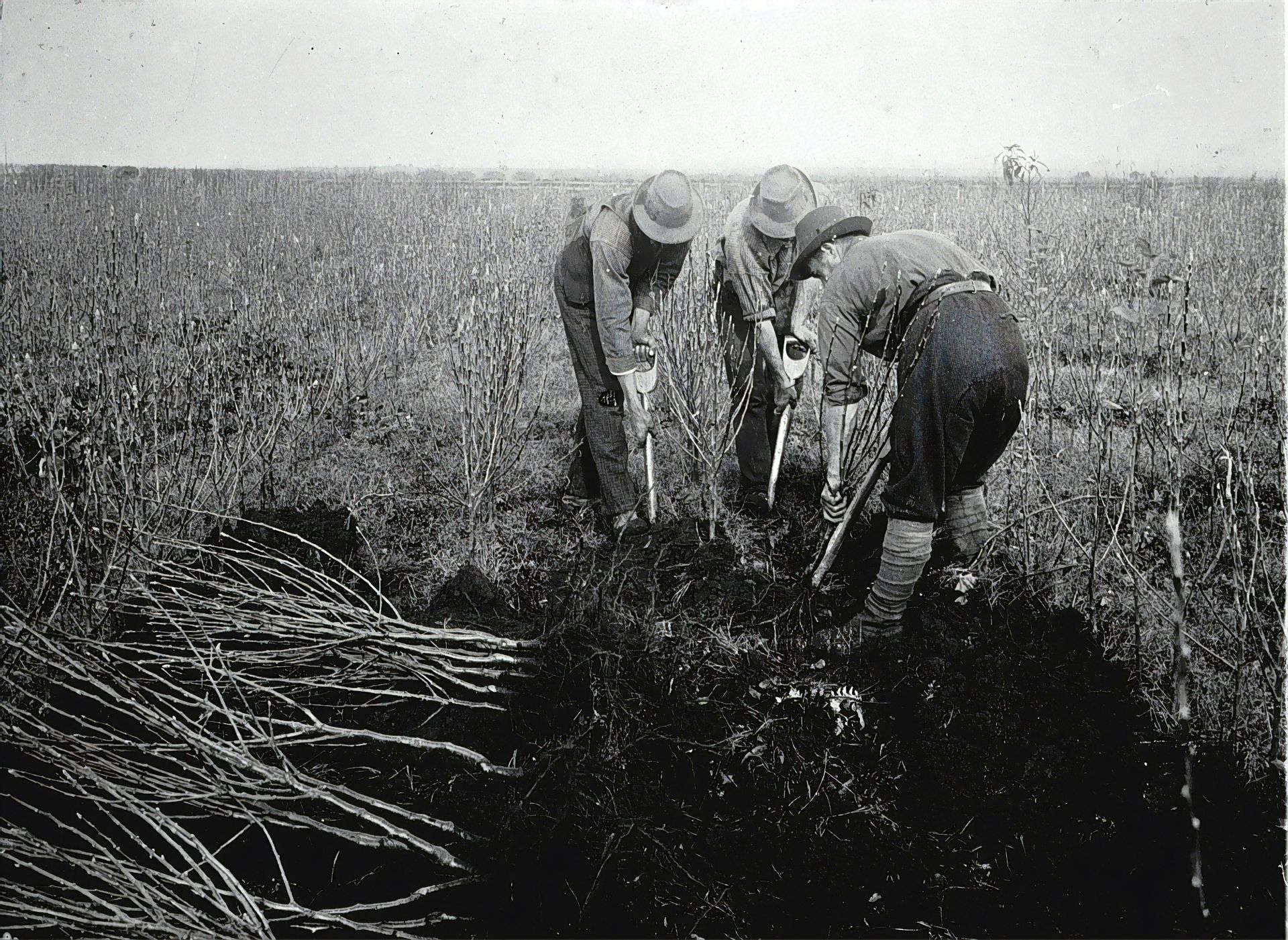Welcome to the website of the Revd Dr Suse McBay. She is an Anglican vicar, biblical scholar, preacher, and teacher. Visit her blog to find out the latest on what she's up to:
Got a question?
If you have a theological question you’d like Suse to answer, click on the Your Questions page and ask her a question! For other questions, feel free to contact her.
Subscribe to
News
from Dr. Suse
To receive personal updates from Suse about what she and Stephen are up to, how ministry is progressing, current prayer requests and perhaps the occasional photo of their two dogs(!), click below.
Find out more:
About Me
Start here to find out more about Suse, where she’s from and some of how God has called her and shaped her life.
Sermons & Talks
Suse has preached and taught on a range of biblical texts and topics. She particularly loves preaching on texts that don’t usually get a lot of airtime! Take a look at a selection of her talks...
Research
Dr McBay’s academic research includes the development of the divine warrior tradition in the second Temple period, the Sibylline Oracles and Stoic cosmological imagery.



